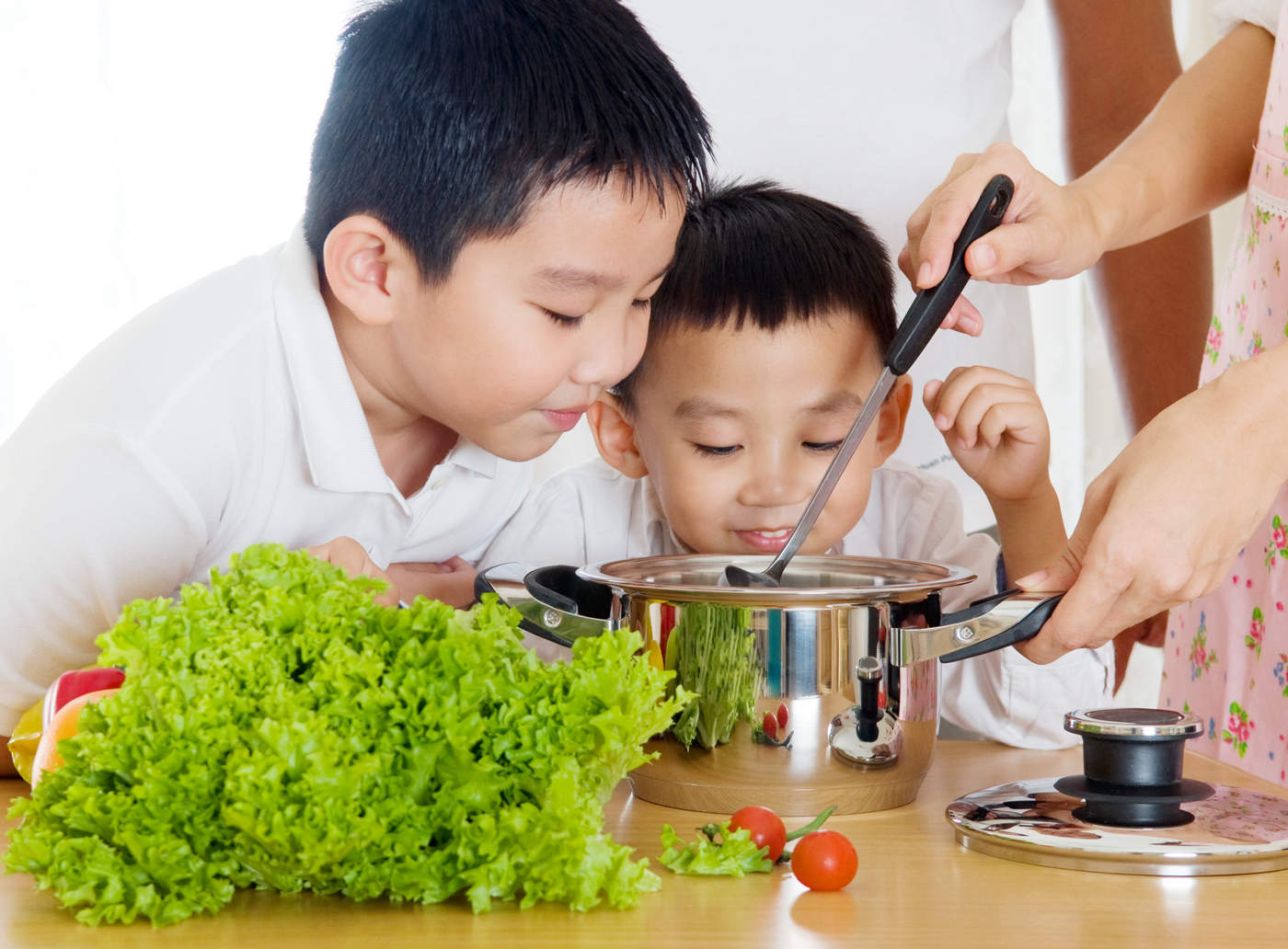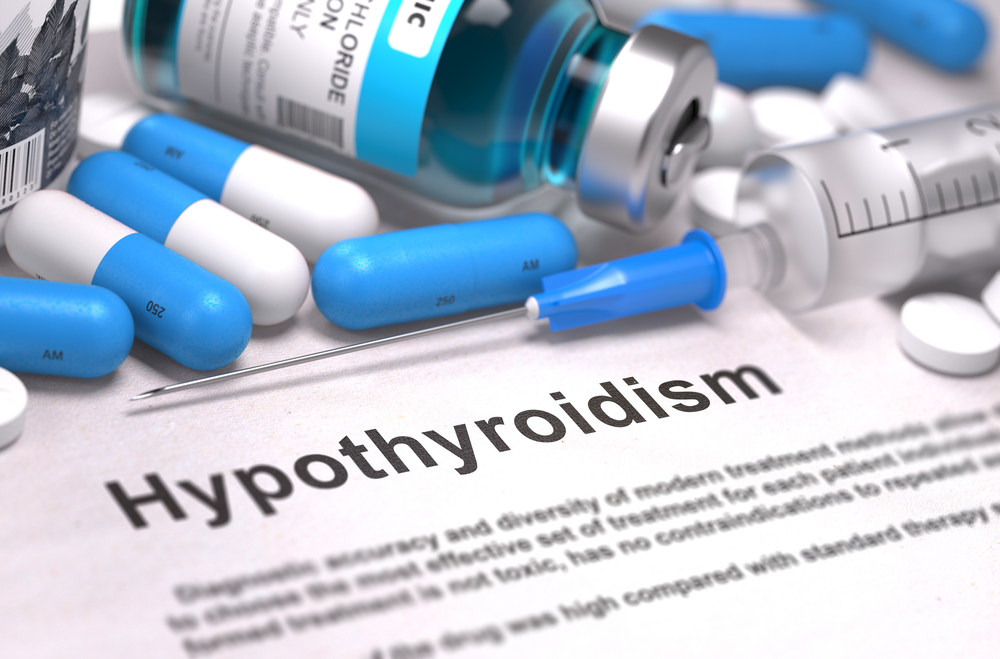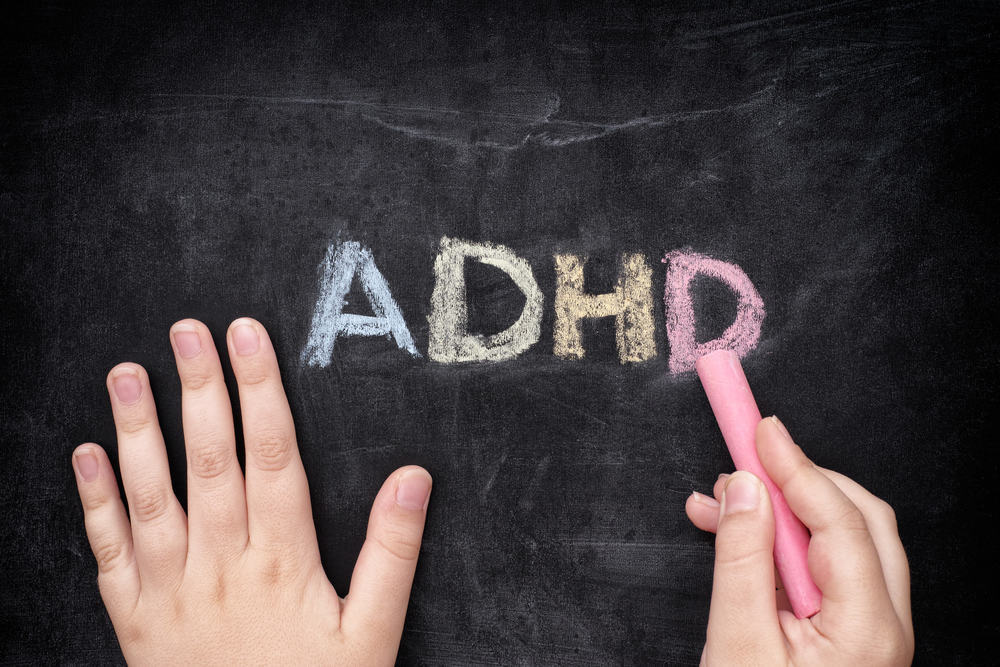Contents:
- Medical Video: Children's Health Minute: Vegetarian Diets
- Vegetarian types
- Vegetarian and nursing mothers
- Recommended source of protein
- Legumes and legumes
- High energy requirements from children
- Be careful with fiber
- Vegetarian diet for small children
- Tips for your child's vegetarian diet
Medical Video: Children's Health Minute: Vegetarian Diets
Vegetarians are people who do not consume meat and meat products. People may be vegetarian or vegan for ethical, environmental, health or religious reasons. If their parents are vegetarian, they might want their child to undergo the same diet.
In most healthy children, a vegetarian diet can provide a nutritious alternative to meat-based diets. However, special needs must be given to children who undergo a vegetarian diet. A strict vegan diet is generally not recommended for small children.
Vegetarian types
There are different types of vegetarians, determined by the type of food that is not eaten by someone. Vegetarians can be classified into the following groups:
- Lacto-ovo vegetarian: exclude red meat, fish, and poultry. Obtain protein from dairy products, eggs, legumes, beans, and legumes.
- Lacto-vegetarian: exclude red meat, offal, fish, poultry and eggs. Obtain protein from dairy products, nuts, legumes, and legumes.
- Vegan: exclude red meat, offal, poultry, eggs and dairy products. Obtain protein from beans, legumes, legumes, and soy products such as tofu.
The type of vegetarian diet most commonly associated with significant nutritional problems in children is the vegan diet.
Vegetarian and nursing mothers
If your diet is healthy, breast milk is enough until your child is around six months old. Make sure you eat the following foods a lot because they contain important vitamins and minerals:
- Protein foods such as beans, eggs, dried beans and lentils, and tofu.
- Dairy products like cow's milk, cheese, and yogurt or calcium-fortified soy products.
- Food grains and cereals, including whole-grain or fortified cereals.
- A variety of fruits and vegetables, including leafy green vegetables.
- Polyunsaturated or monounsaturated oils.
Lack of vitamin B12 in breast milk can cause brain damage in your baby. This can also cause anemia in the mother. Vitamin B12 deficiency can occur if your diet does not contain animal foods for a long time. Vitamin B12 is mainly found in animal products, milk and meat.
Mushrooms are often referred to as a source of vitamin B12, but this is not accurate. Mushrooms contain compounds similar to vitamin B12, but they do not work like vitamin B12 in the body.
If you are vegan and are breastfeeding, you may need a vitamin or mineral supplement. Consult your doctor or nutritionist.
Recommended source of protein
Meat provides a concentrated and easily absorbed source of protein, but other foods can also be good sources of protein. These foods include dairy products, eggs, grains, legumes, and a variety of soy products (such as tofu, tempeh and seitan). Eat enough protein for growth and development that is good for those of you who follow a vegan or vegetarian diet.
Legumes and legumes
Small portions of protein must be included in each main meal. Suggestions for nuts and legumes include:
- Baked beans
- Lentils
- Chickpea (chickpeas) and hummus
- Red beans
- Peanut butter
- Kacang cannellini
- Borlotti beans
- Three beans mix
- Haricot beans
- Soft peanut butter
Nuts must be properly cooked to destroy toxins and help digestion. Underripe beans can cause vomiting and diarrhea.
High energy requirements from children
Children have high energy needs and small stomachs. You must include a combination of whole wheat and processed foods and give energy-giving foods to your child's diet. This can be found in the following foods:
- Cereals - all types of cereal are suitable for a vegetarian diet, this includes baby cereals such as milk porridge and whole grain cereals and processed cereals such as pasta, flour, white rice, and white bread.
- Dairy products — ordinary dairy products are the most common ingredients. as an alternative there is soy milk with added calcium. Some soy milk has also been added to vitamin B12.
- Fruits and vegetables - include fruits and vegetables that vary every day. As a rule, include two small portions of fruit and three small servings of vegetables every day.
- Oil - include soybean oil and canola because they contain linoleic acid, which is important for the brain and nerve tissue function. Minya also provides energy.
Be careful with fiber
Pay attention to the amount of fiber in your child's diet. Too much fiber can worsen the absorption of important nutrients including iron, zinc, and calcium.
Too much fiber can also be very filling which then makes your child not want to eat in sufficient quantities for his energy needs. Try to introduce variations of high-energy foods, such as avocados and vegetable oils to meet their energy needs.
Vegetarian diet for small children
Suggestions for a vegetarian diet for infants and young children include:
- Milk — continue breastmilk or formula milk until at least 12 months of age.
- Solid food — don't delay the introduction of solid foods.
- Grains, fruits, and vegetables — include baby milk porridge, fruits and vegetables (consider continuing with iron-fortified milk porridge for longer) as the first solid food.
- Offer a variety of solid foods — after the age of six months, start with crushed fruits and vegetables. With advice from a midwifery nurse, you can add beans, legumes, and cooked to soft lentils, tofu, pasteurized yogurt, cheese, eggs, avocados, dairy products, spreads of fat, and oil.
Tips for your child's vegetarian diet
For families who are considering changes to a vegetarian diet, or for those of you who want to adopt a vegetarian diet for your child, it is important to:
- Understanding what foods should be replaced in a diet as a source of energy, protein, and vitamins may need to be added.
- Support your child to eat varied foods
- Delivering whole wheat and processed cereal products.
- Combine low-energy vegetarian foods, such as vegetables, with foods with high fat content, for example: vegetable omelets.
- Increase the energy value of food by using peanut butter, avocados, full fat dairy products, fatty spreads and oil.
- Give your child great food and snacks regularly.
- Combines foods that contain vitamin C with foods that contain high iron. For example, offer oranges with baked beans on a piece of bread. Vitamin C increases iron absorption.
If you are going to set a vegetarian diet for your child, you should consult a health care provider for a balanced diet and supplements.












